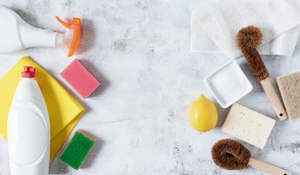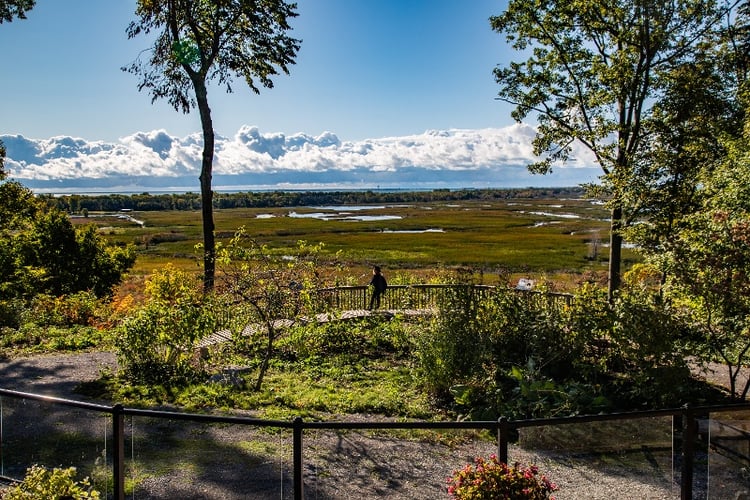It's that time of the year again! Many of us are diving into in a spring cleaning frenzy, hoping to scrub every nook and cranny before the warm weather hits (and let's be honest, nothing feels better than reducing clutter & junk)! Here at Eco-Adventures, there's a lot of clean-up that happens after the winter season in preparation for the guests' return,...



